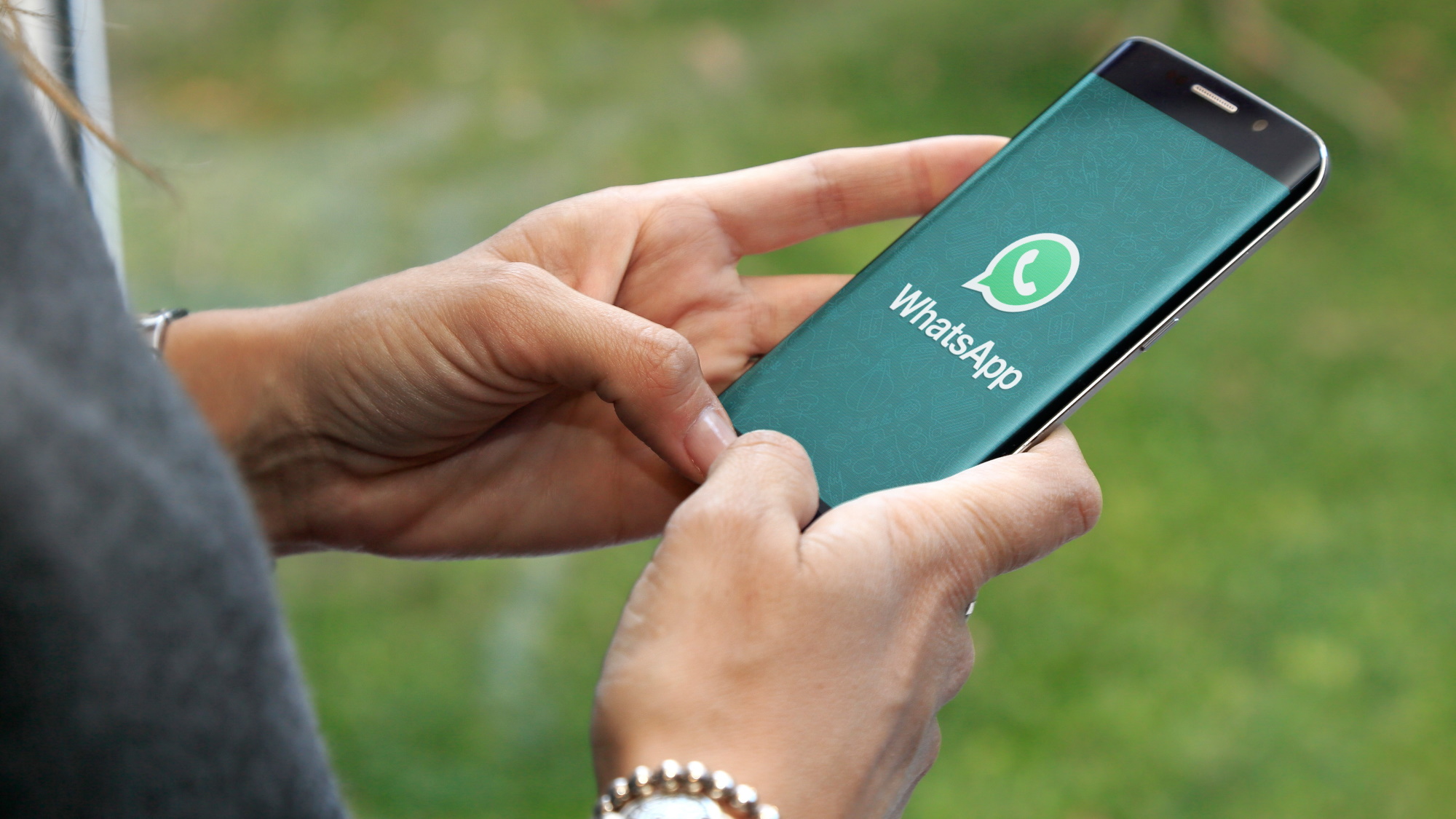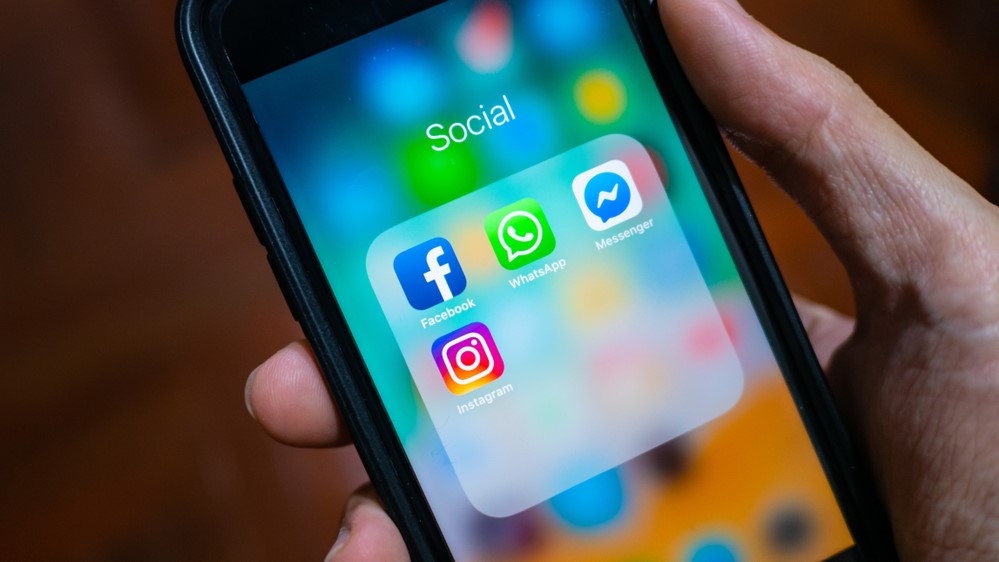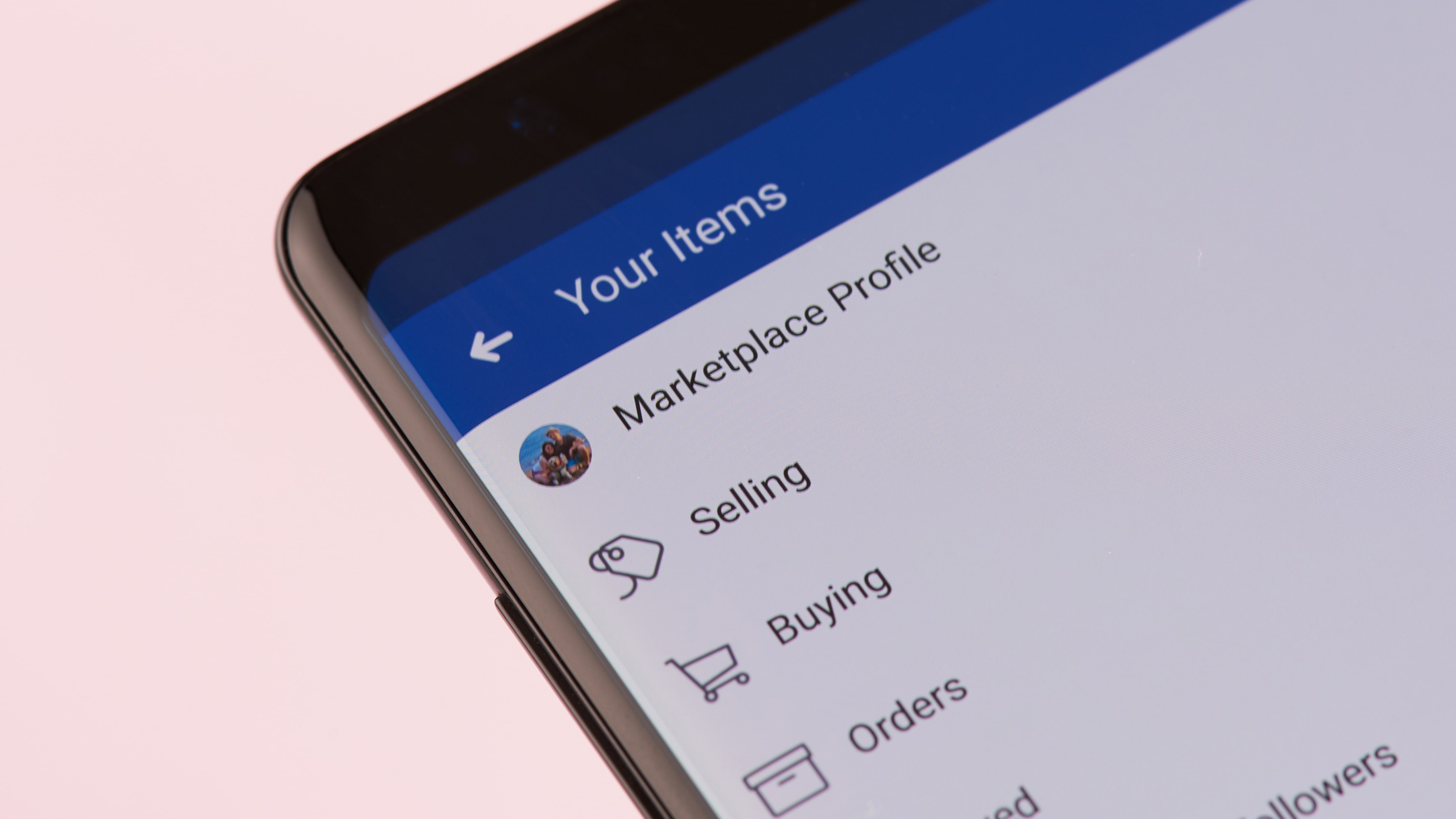The massive WhatsApp and Instagram outage shows that something has to change
Opinion: One outage shouldn't knock billions of users offline

Sign up for breaking news, reviews, opinion, top tech deals, and more.
You are now subscribed
Your newsletter sign-up was successful
It's been quite the 48 hours for Facebook. On October 4, the social media giant was rocked by an outage that brought the Facebook, WhatsApp and Instagram platforms crashing down. While services are now returning to normal, the six-hour outage is causing many of us to reconsider the place these platforms occupy in our lives.
Many social media users took to Twitter to poke fun at the misfortune befalling its rival platforms, but the fact remains that three services that are almost omnipresent in millions of people's lives went down at the same time. The result was an influx of users heading to Twitter or Signal – and apparently slowing down those platforms as they struggled to handle the increased load.
While the effects of two massive social media platforms going offline were felt around the world, we also can't ignore the presence of WhatsApp globally. Statista says that there are over two billion monthly active users on the messaging app worldwide – with the Indian Express reporting that half a billion of these people are in India alone.
As easy as it is for some to switch over to Twitter or SMS for many of their conversations, others are dependent on WhatsApp as a messaging infrastructure for keeping in touch with family, friends, and loved ones – especially if they're spread out across the globe. The free nature of WhatsApp, and in some regions the free data usage that comes with it, make it a utility that people have grown to rely on.
The repercussions of WhatsApp being down in The Rest Of The World are vast and devastating. It's like the equivalent of your phone and the phones of all of your loved ones being turned off without warning. The app essentially functions as an unregulated utility.October 4, 2021
Almost three billion users are on Facebook, too, and it's clear that a social media outage of this scale is a massively disruptive moment. And it's causing many people to question whether Facebook and its subsidiaries should be so closely tied together.
It wasn't just Facebook's social media platforms that suffered. The outage meant that Facebook logins no longer worked with other businesses, platforms and devices – so good luck playing games on your Oculus Quest 2 VR headset, or booking a holiday on Airbnb if you signed up using a Facebook account.
And that's just the consumer side. Reports of Facebook employees unable to make calls from their work phones, receive emails from outside the company, or even get into the building where they work – due to access badges no longer working with Facebook's security systems – show that a single outage can have far-reaching effects.
Sign up for breaking news, reviews, opinion, top tech deals, and more.
Family matters

Facebook has been bullish in its attempts to grow its scale and dominate the social media market, most notably in its costly acquisitions of Instagram (2012, $1 billion) and WhatsApp (2014, a whopping $16 billion).
The company has been pushing for some time to fully integrate these three platforms, enabling any user to send cross-platform messages to their contacts – but this week's outage shows that there's a danger to this kind of centralization. (We saw a similar, if shorter, outage for these services in early 2021, and a more comparable event back in 2019.)
PJ Norris, principal systems engineer at cybersecurity firm Tripwire, tells us that "It’s evident at this early stage that Facebook had a single point of failure that cascaded into a significant and costly outage for the technology giant [...] The outage suggests that due to the close integration of Facebook, WhatsApp and Instagram, they all shared a common infrastructure, which if compromised will cause everything to fail."
Norris adds that "Segregating the companies may not be the only solution to this, but segregating the shared infrastructure may only be the sure way of isolating the outage to just one technology."
At a minimum, Facebook has a duty to untie its infrastructure so that potential technical issues are more isolated, instead of bringing down billions of users' accounts across three of the largest social media platforms in existence.
But there's a wider question of whether Facebook should be able to host all of these platforms under one umbrella, when that monopolization of media makes it increasingly difficult for people who want to connect with others online to exist outside of the Facebook ecosystem.

As Vice reporter Edward Ongweso Jr puts it, Facebook has "established itself as the major if not sole conduit for internet activity across the world with a series of ruthless acquisitions that are now under scrutiny for breaking antitrust law. At the time of writing, people around the world are being affected in numerous, sometimes serious, ways due to Facebook being down. For many of them, Facebook being down is the same as 'the internet' being down."
Facebook is not the internet; but it takes up a good chunk of our time on it, and the company increasingly feeling 'too big to fail', or at least too big to go offline, without disrupting our lives in the process – whether it's how we communicate with our loved ones, how we get our news and (mis)information, how business owners communicate with (and find) their customers, or whatever else.
What appears to have been a single technical error in operation of Facebook's servers shouldn't have been allowed to have such wide-ranging and disruptive effects.
Regulators having been looking at the potential to break up Facebook for some time, with the New York Times calling for it back in 2019 – due to the monopolistic power and anti-competitive practices Facebook has been guilty of for years – though it's a complex process that could take years to bring about.
It's also increasingly difficult a proposition when Facebook has integrated Instagram and Whatsapp with its main platform so deeply. The Washington Post writes about how "Today, the underlying technology between Instagram and Facebook is identical, the people said. They sit in the same servers and databases and share the same spam filters, and users share a single advertising profile."
The question remaining, then, is how to carve Facebook up into three discreet entities when they've been merging for so long. But until that happens, users will be vulnerable to these kinds of outages, and hugely dependent on a single, dominating ecosystem for connecting to the people in their lives.

Henry is a freelance technology journalist, and former News & Features Editor for TechRadar, where he specialized in home entertainment gadgets such as TVs, projectors, soundbars, and smart speakers. Other bylines include Edge, T3, iMore, GamesRadar, NBC News, Healthline, and The Times.